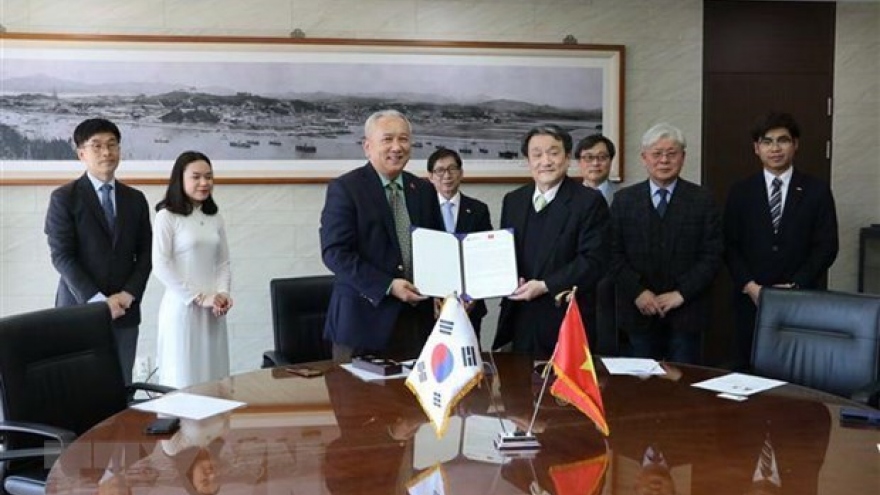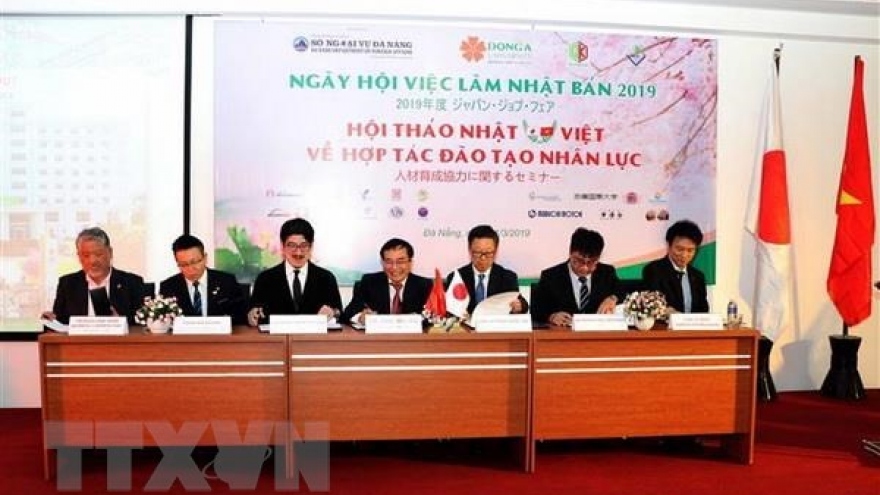More Vietnamese parents send children abroad for secondary education
Vietnamese students who study abroad now tend to be younger, and often leave after they finish the 9th grade.
 |
| \ |
Dang and his wife prepared for the son’s overseas study for many years. The boy planned to leave Vietnam after finishing secondary school to follow higher education in Australia. However, the parents decided their son should leave earlier.
“We think it would be better if our son can enter the 10th grade in Australia. This would be helpful for his tertiary education years there,” he said.
When asked about the study cost, Dang said he has to pay VND400 million a month to fund the boy’s study, which is not much higher than an international school in Vietnam.
More Vietnamese parents are sending their children to schools overseas right after they finish secondary school in Vietnam. The schools for the gifted in HCMC confirmed that they ‘lose’ tens of students every semester as the students leave for study overseas.
Le Hong Phong and Tran Dai Nghia High Schools for the Gifted have ‘lost’ the highest numbers of student. Schools for the gifted enroll high-performing students who have long-term study plans.
An experienced teacher at a school in HCMC commented that students tend to be younger when they leave Vietnam. If they cannot obtain scholarships, they accept to study on the parents’ money.
“Studying overseas is the choice of many urban families as they don’t have confidence in Vietnam’s education,” she said.
The report released by Open Doors, belonging to IIE in late 2018, showed that Vietnam ranked sixth among countries which have the highest numbers of students in the US.
This was the 17th consecutive year Vietnam saw an increase in the number of students going to the US. Vietnamese students bring $881 million to the US economy each year.
Hoang Mai Lan, a parent in district 3, commented that previously parents needed to be ‘extra wealthy’ to send children abroad. But in recent years, more opportunities are available thanks to government scholarship programs applied to high school students.
However, parents have been advised against sending children abroad at an early age.
A representative of the Hong Ha Overseas Study Consultancy Firm said there are two possible scenarios for students who leave Vietnam before the age of 18. They will adapt well to the new schooling environment and succeed, or they will be isolated and overcome by fear and will have to return home.



